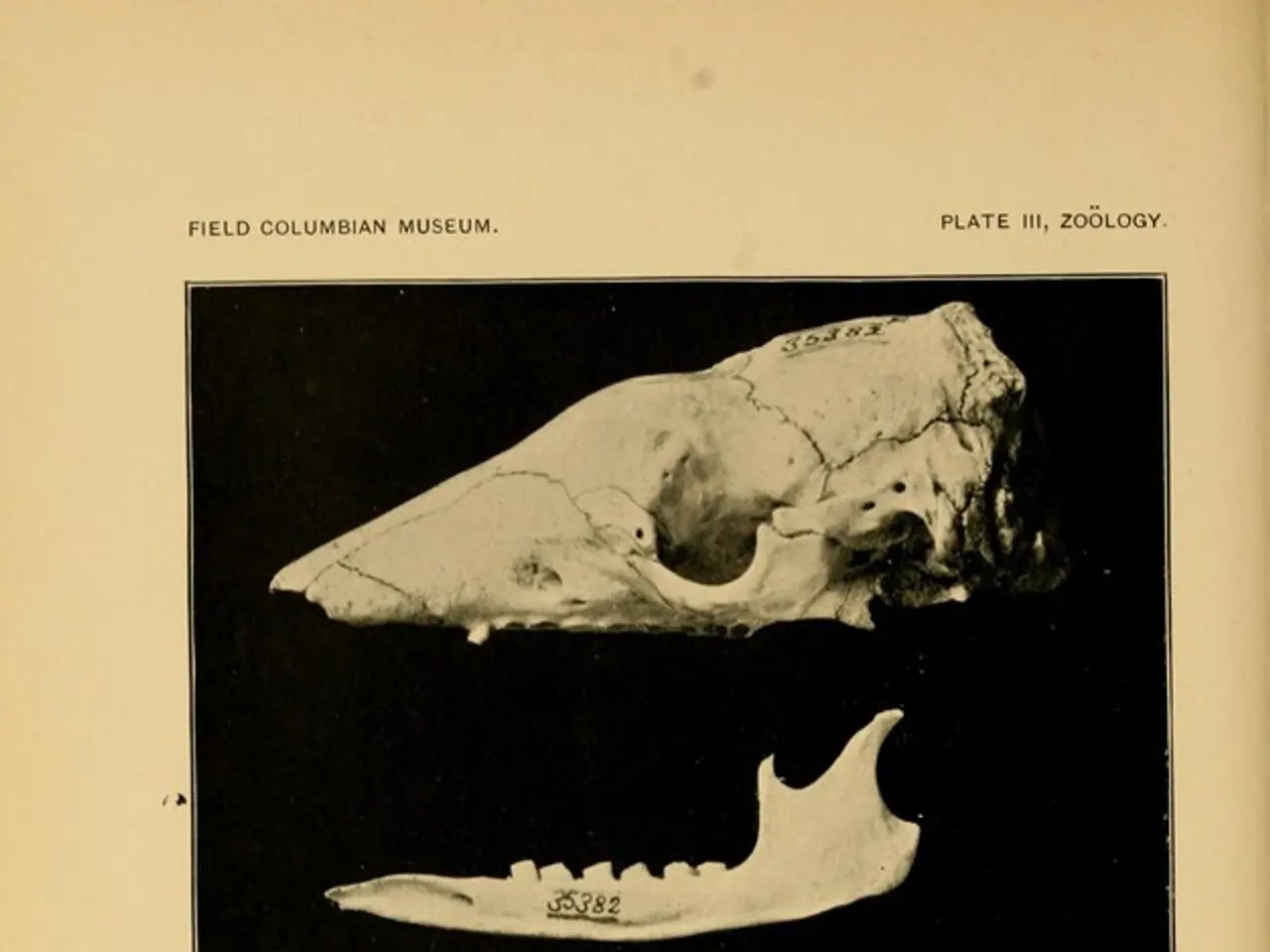Research Uncovers Potential of Single Medication Doubling Effectiveness in Fragile X, Offering Hope for Improved Treatment.
In a groundbreaking study published in the journal Molecular Cell, a team of researchers led by Lynne Maquat's lab at the University of Rochester has uncovered a significant link between AKT and NMD in the context of Fragile X Syndrome.
AKT, a key player in cell signaling, is known to influence normal gene expression as a member of the EJC complex. This study marks the first time that extracellular signaling has been shown to change the identity of the EJC, promoting NMD and contributing to the hyperactivation observed in Fragile X Syndrome.
When AKT is overactive, as it is in Fragile X Syndrome, it triggers a molecule necessary for NMD to occur, leading to hyperactivation of NMD. This hyperactivation is detrimental to the health of the cells, as NMD plays a crucial role in helping cells make smart decisions, supporting gene expression, and contributing to good health.
The team, which includes Maximilian W. Popp, Christoph Pröschel, Joshua L. Schwartz, Gene W. Yeo, Hana Cho, Ph.D., Elizabeth Abshire, Ph.D., Qiang Zhang, Hui Yang, Yinyan Ma, Xiaoxiao Zeng, Yonghong Chen, and Wei Zhang, developed a new tool for screening potential drugs that inhibit NMD hyperactivation. One such drug is Afuresertib, which has already been through early clinical trials and could be a promising approach in treating Fragile X Syndrome.
Afuresertib is currently being tested in phase 1 and 2 clinical trials for several types of cancer. When neural stem cells that mimic Fragile X Syndrome are treated with Afuresertib, it decreases the activity of AKT and NMD, making the cells act more like typical, non-disease cells.
The research provides a more complete understanding of the disease mechanism in Fragile X Syndrome and suggests new targets for suppressing AKT hyperactivity in diseases like Fragile X and cancer. The study also reveals how AKT and NMD interact in Fragile X Syndrome, offering hope for the development of effective treatments for this debilitating condition.
The research was funded by the National Institutes of Health and a University of Rochester Provost's award.
Read also:
- Peptide YY (PYY): Exploring its Role in Appetite Suppression, Intestinal Health, and Cognitive Links
- Toddler Health: Rotavirus Signs, Origins, and Potential Complications
- Digestive issues and heart discomfort: Root causes and associated health conditions
- House Infernos: Deadly Hazards Surpassing the Flames








